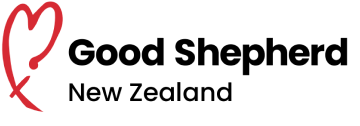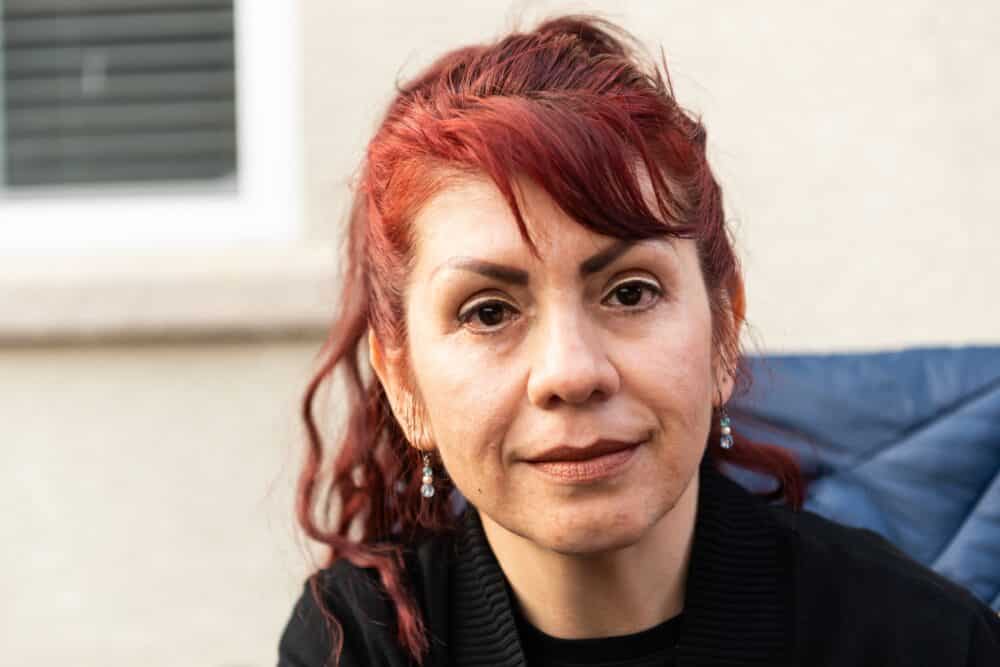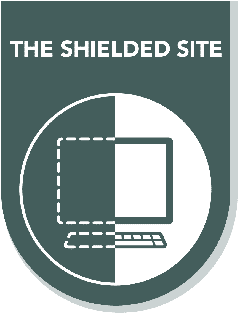Your banking in a relationship
Understanding your banking and what support is available can help you work through challenging life events including economic harm.

Understand how your banking is set up, managed, and accessed
The first place to start is to understand how your banking works.
For people who are single, banking might seem like a straightforward process of transactions – money in, money out – but what if you’re in a relationship or your relationship status changes?
Knowing how your banking is set up, managed, and accessed can suddenly become much more important.
For example:
- Who has access to your money, accounts and credit services?
- What are the limits and restrictions?
- What consents and signatures are required?
- How easy is it to change how things are set up?
Some banking products may work well at a certain time in life, but are not so good if relationship challenges occur.
Things like:
- requiring two signing authorities to cancel a joint account
- revolving mortgage structures – where repaid portions are available as credit – or accessing additional funds through unarranged overdrafts, without both customers’ approval.
It’s worth taking some time to understand how you manage your money, as some financial challenges may be difficult to address if they are outside of normal banking procedures.
If you need help to understand your banking arrangements, get in touch with your bank.
We can help
If you’re having trouble finding the right person to speak to, we may be able to help.






